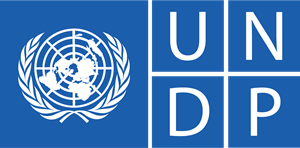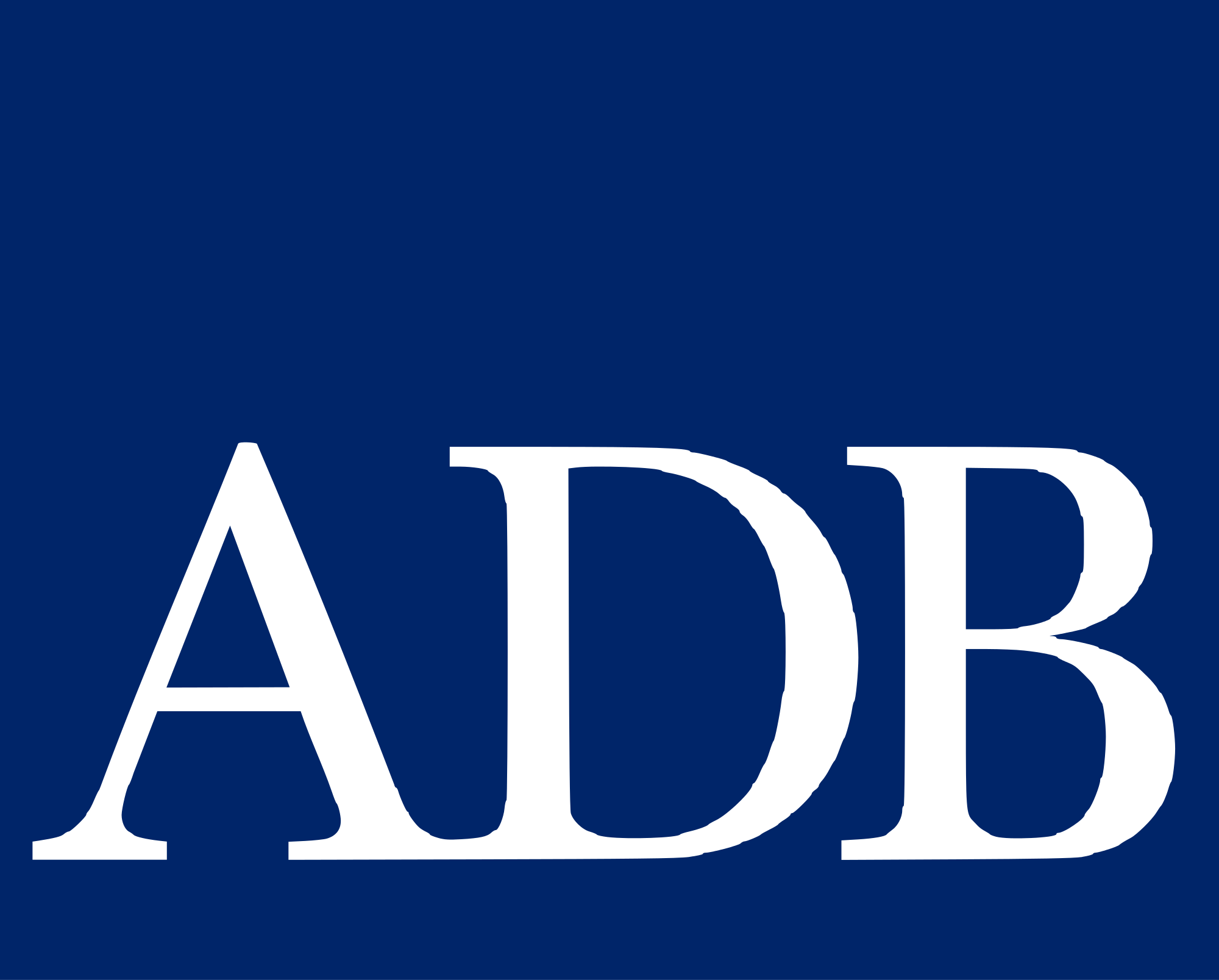Duties and Responsibilities
The United Nations Environment Programme is the leading global environmental authority that sets the global environmental agenda, promotes the coherent implementation of the environmental dimension of sustainable development within the United Nations system and serves as an authoritative advocate for the global environment". Its mandate is to coordinate the development of environmental policy consensus by keeping the global environment under review and bringing emerging issues to the attention of governments and the international community for action. UNEP’s Ecosystems Division works with international and national partners, providing technical assistance and capacity development for the implementation of environmental policy, and strengthening the environmental management capacity of developing countries and countries with economies in transition. This consultancy post is located in UNEP / Ecosystems Division / GEF Biodiversity unit and reports to the respective GEF Task Manager. UNEP is implementing a GEF project titled ““Strengthening institutions, information management and monitoring to reduce the rate of illegal wildlife trade in South Africa” in South Africa executed by the Department of Forestry Fisheries and Environment (DFFE). UNEP would like to recruit a consultant to conduct a Mid-Term Review of this project. The Mid-Term Review will use a participatory approach whereby key stakeholders are kept informed and consulted throughout the review process. Both quantitative and qualitative evaluation methods will be used as appropriate to determine project achievements against the expected outputs, outcomes and impacts. It is highly recommended that the consultant(s) maintains close communication with the project team and promotes information exchange throughout the review implementation phase in order to increase their (and other stakeholder) ownership of the review findings. The findings of the review will be based on the following: a) A desk review of: Relevant background documentation, inter alia, Project Document and Appendices, Project design documents (including minutes of the project design review meeting at approval); Annual Work Plans and Budgets or equivalent, revisions to the project (Project Document Supplement), the logical framework and its budget; Project reports such as six-monthly progress and financial reports, progress reports from collaborating partners, meeting minutes, relevant correspondence and including the Project Implementation Reviews and Tracking Tool etc.; Evaluations/Reviews of similar projects; relevant policy and strategy documents, particularly when assessing relevance and alignment of the project. The consultant will also review all documentation of the subgrantees including their contracts. b) Interviews (individual or group) with: UNEP Task Manager (TM); Project management team; UNEP Fund Management Officer (FMO); All project partners, Department of Fisheries, Forestry and Environment (DFFE), South African National Biodiversity Institute (SANBI), Peace Parks Foundation (PPF) and South African National Parks (SANParks), all levels of governance, PSC, local government officials and project management teams through virtual meetings and field visits: Other data collection tools: If needed, to be decided at the inception phase including Focus Group discussion (FGDs) with targeted beneficiaries to bring out community voices. Review Deliverables and Procedures The review consultant team will prepare: Inception Report: containing confirmation of the results framework and theory of change of the project, project stakeholder analysis, review framework, quality if project design and a tentative review schedule. Preliminary Findings Note: the sharing of preliminary findings is intended to support the participation of the project team, act as a means toto ensure all information sources have been accessed and provide an opportunity to verify emerging findings. Draft and Final Review Reports: containing an executive summary that can act as a stand-alone document; detailed analysis of the review findings organised by review criteria and supported with evidence; lessons learned and recommendations and an annotated ratings table. Come up with findings on the status of the implementation process to date, challenges faced, best practices and make recommendations to support the implementation of the Project. Work plan Objectives: In line with the UNEP Evaluation Policy and the UNEP Programme Manual, the Mid-Term Review (MTR) is undertaken approximately halfway through project implementation to analyze whether the project is on-track, what problems or challenges the project is encountering, and what corrective actions are required. The MTR will assess project performance to date (in terms of relevance, effectiveness and efficiency), and determine the likelihood of the project achieving its intended outcomes, including their sustainability. The consultant will be responsible, in close consultation with the Task Manager, for overall management of the review and timely delivery of its outputs, described below. The consultant will ensure that all evaluation criteria and questions are adequately covered. Specifically, the consultant will be required to complete the following tasks: Inception Report: will contain confirmation of the results framework and theory of change of the project, project stakeholder analysis, review framework and a tentative review schedule. Preliminary Findings Note: the sharing of preliminary findings is intended to support the participation of the project team, act as a means to ensure all information sources have been accessed and provide an opportunity to verify emerging findings. Draft and Final Review Reports: will contain an executive summary that can act as a stand-alone document; detailed analysis of the review findings organised by review criteria and supported with evidence; lessons learned and recommendations and an annotated ratings table. Review of the draft MTR report. The review team will submit a draft report to the Task Manager and revise the draft in response to their comments and suggestions. Once a draft of adequate quality has been peer-reviewed and accepted, the Task Manager will share the cleared draft report with key project stakeholders for their review and comments. Stakeholders may provide feedback on any errors of fact and may highlight the significance of such errors in any conclusions as well as providing feedback on the proposed recommendations and lessons. Any comments or responses to draft reports will be sent to the Task Manager for consolidation. The Task Manager will provide all comments to the review team for consideration in preparing the final report, along with guidance on areas of contradiction or issues requiring an institutional response.
Qualifications/special skills
Academic Qualifications An advanced University degree (Master’s degree or equivalent) in Natural sciences, Natural resources Management, Environmental Sciences, monitoring and evaluation, International Development or other relevant political or social sciences area is required. A first-level university degree in combination with two (2) additional years of qualifying experience may be accepted in lieu of the advanced university degree. Work Experience A minimum of 7 years of technical/evaluation experience, including of project planning, management, monitoring and evaluation is required, preferably including evaluating large, regional or global programmes and using a Theory of Change approach is required. Experience in evaluation of GEF projects is highly desirable. Excellent writing skills,; team leadership experience and, where possible, knowledge of the UN system, specifically of the work of UNEP and GEF programming is desirable. Experience in managing partnerships, knowledge management and communication is desirable for all evaluation consultants.
No Fee
THE UNITED NATIONS DOES NOT CHARGE A FEE AT ANY STAGE OF THE RECRUITMENT PROCESS (APPLICATION, INTERVIEW MEETING, PROCESSING, OR TRAINING). THE UNITED NATIONS DOES NOT CONCERN ITSELF WITH INFORMATION ON APPLICANTS’ BANK ACCOUNTS.






